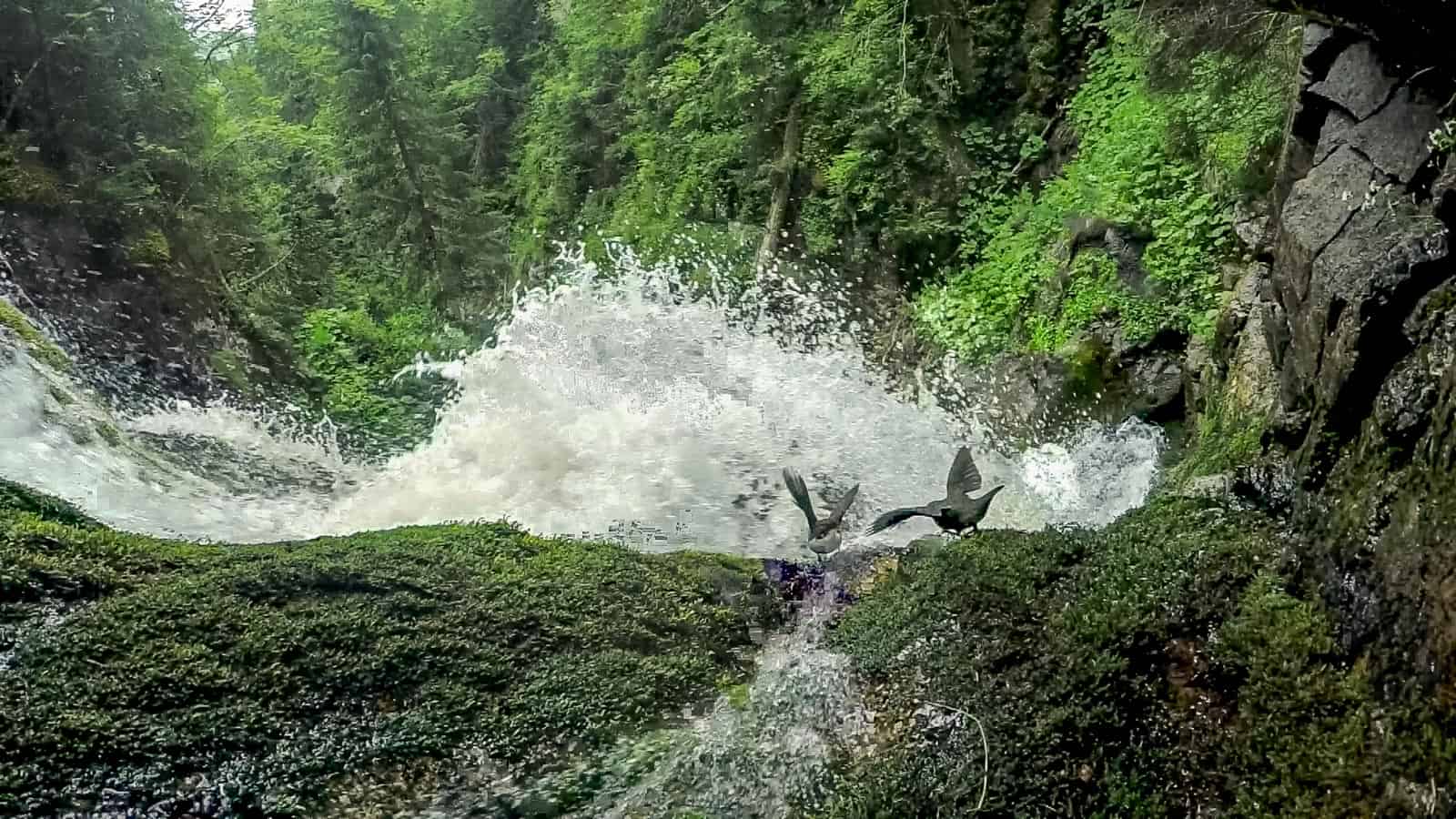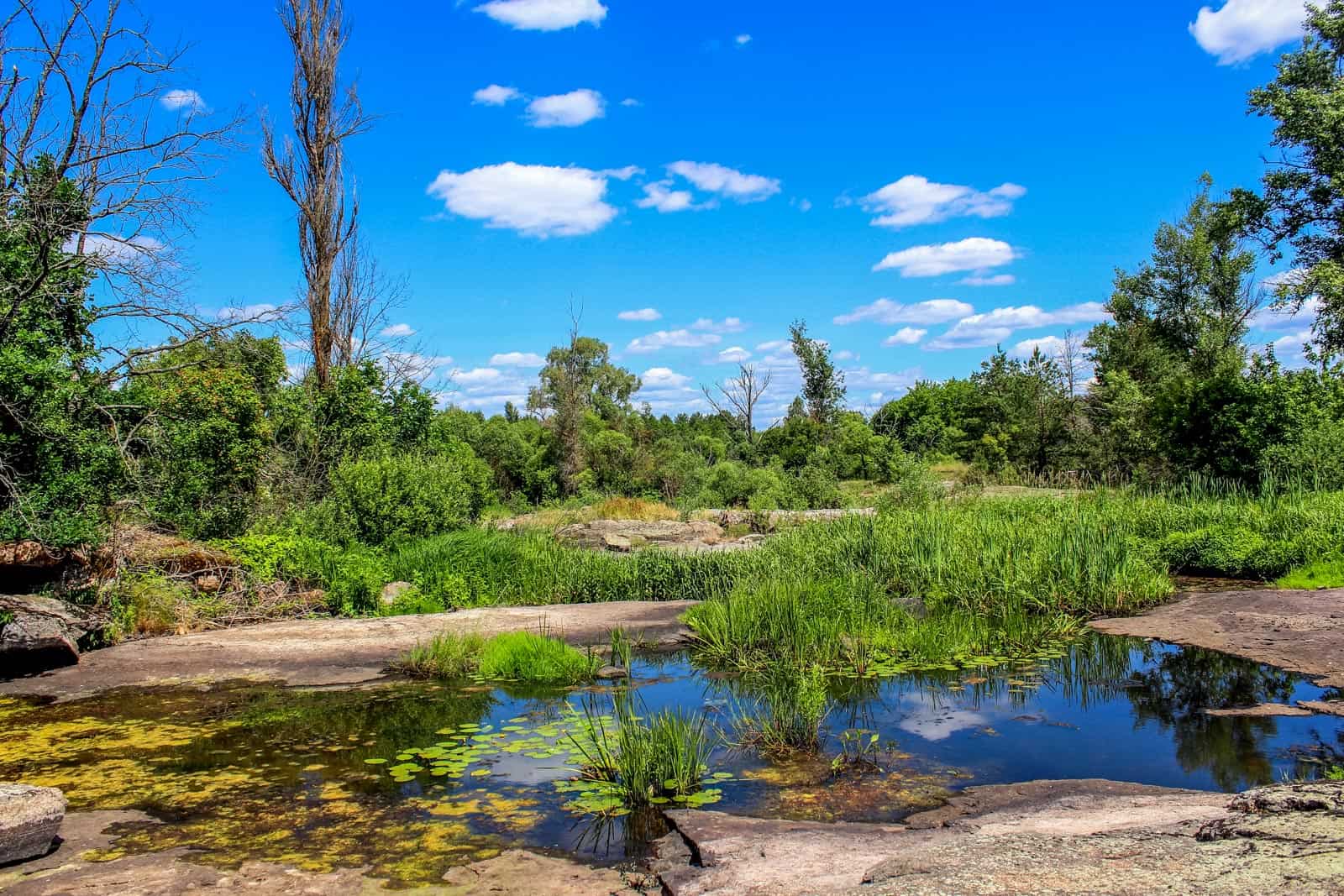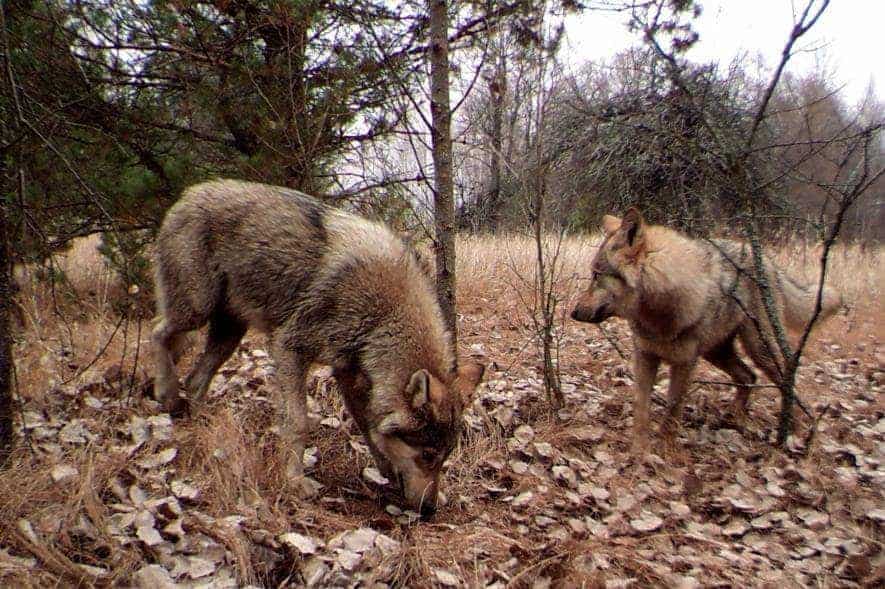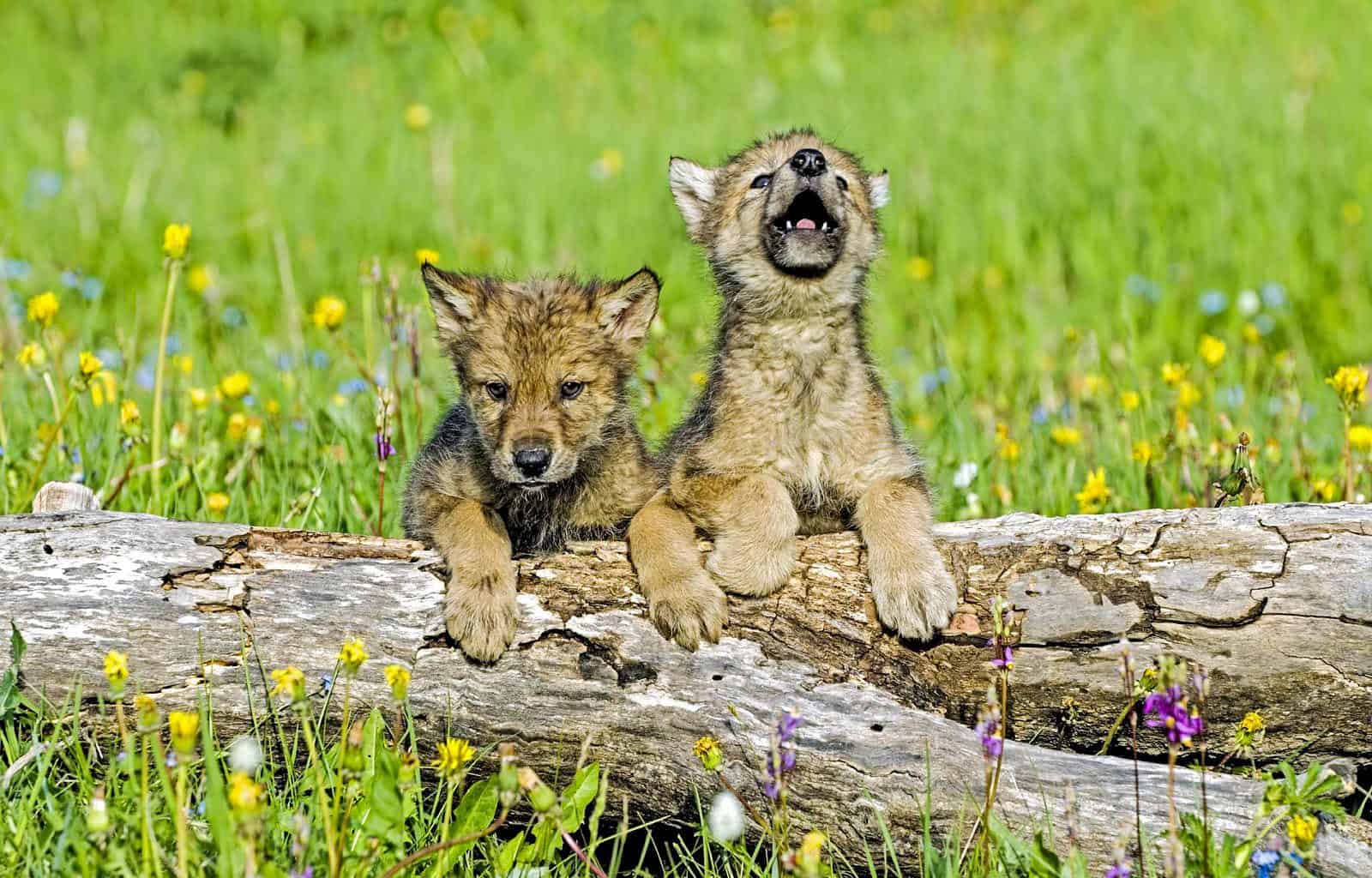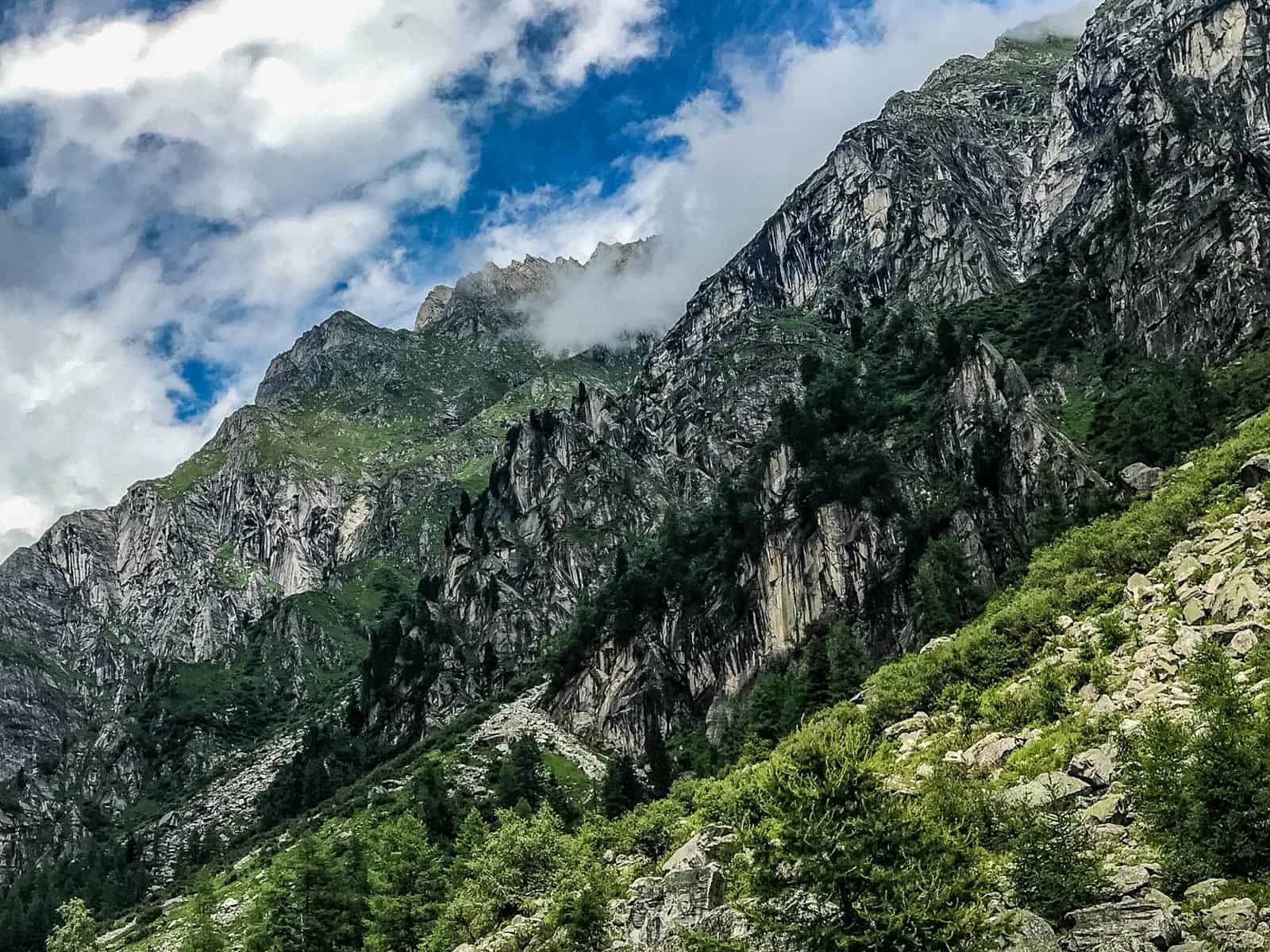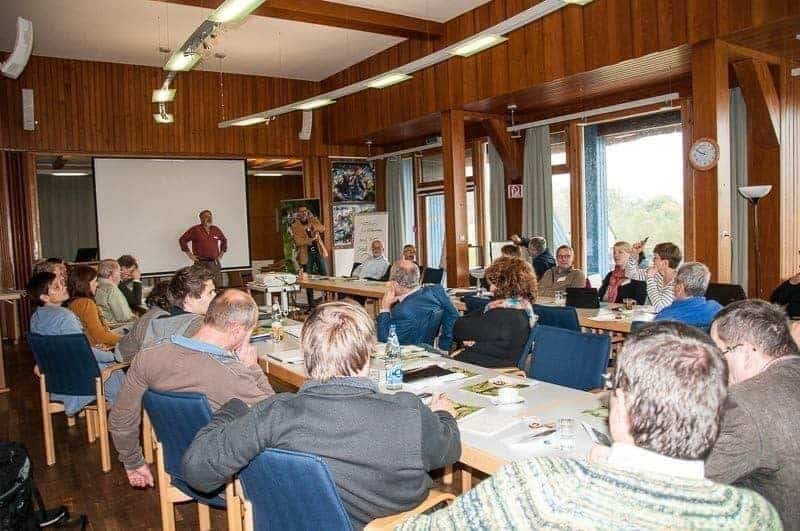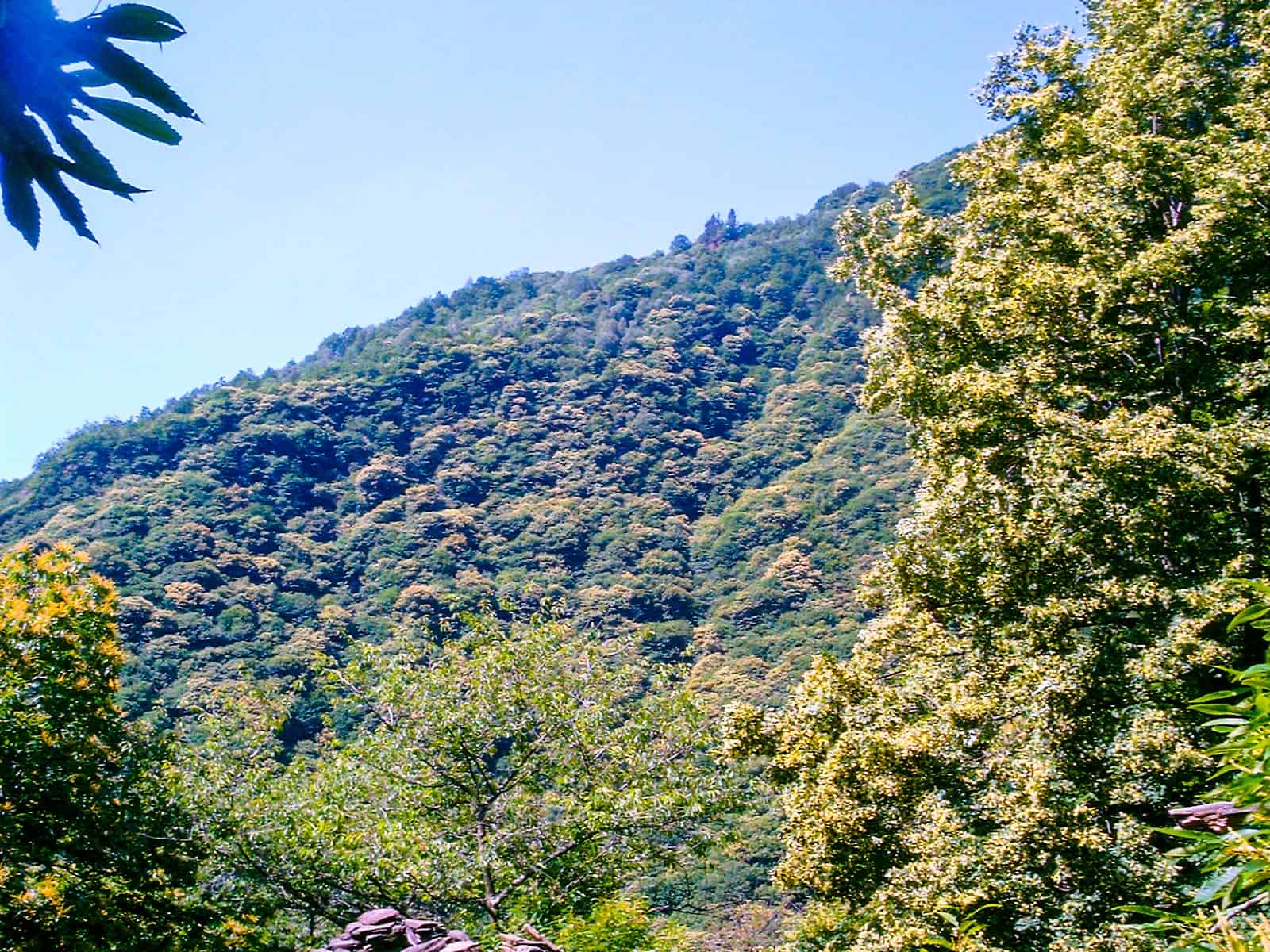What is warWilding?
During the first days of the full-scale Russian invasion of Ukraine, the invading forces were moving to Kyiv. One of the barriers on the way to the Ukrainian capital is the Irpin River. The river waters suddenly rose and pushed back the Russian army, forcing them to abandon the tanks and military hardware on a trail. That was the first time reflooding of wetlands ecosystem in the Kyiv region in more than 70 years.
A miracle didn’t happen and flooding had pretty strategical reasons. Jasper Humphreys, director of programs for the Marjan Study Group in the department of war studies at King’s College London, which researches conflict and the environment, called it warWilding. The capital second letter ‘w’ in the word should express the importance of wilderness. Meaning is “the creation or even sometimes the destruction of habitat as a result of the tactical manipulation of nature“.
I woke up in the middle of the night, a few days after reading the ‘hero river’ story in the Guardian about how the Ukrainian army reflooded the dying Irpin River and its former wetlands to save the Ukrainian capital… and I just sat up in bed and whispered to myself, ‘It’s warWilding’
Potentially, WarWildings are a great opportunity to save massive wilderness and create buffer zones around them to build a base for long-term peace.
Humphreys mentions Gorongosa Park in Mozambique as a successful example of warWilding. The park was almost destroyed at the time of the civil war, but thanks to coordinated actions and investments afterward, the population of lions and elephants bounced back.
Similarly, a restored Irpin riverine ecosystem would be a monument to one of the most legendary warWildings in history, a biodiversity hotspot with safaris for tourists, and a wilderness barrier protecting Kyiv from invaders for hundreds of years
Unfortunately, not all warWilding events had a positive impact. The flip side of the coin is the complete demolishing of some natural habitats for the smooth moving of the troops or creating better observing points. For instance, Saddam Hussein’s army drained the marshes in central Iraq and the [ethnic] cleansing of the Ma’dan, or Marsh Arabs.
Humphreys tends to believe that warWilding term can be useful for describing indirect “wild” trends in military areas, such as regeneration of abandoned farmlands or interruption of commercial forestry, fishing, and farming.

